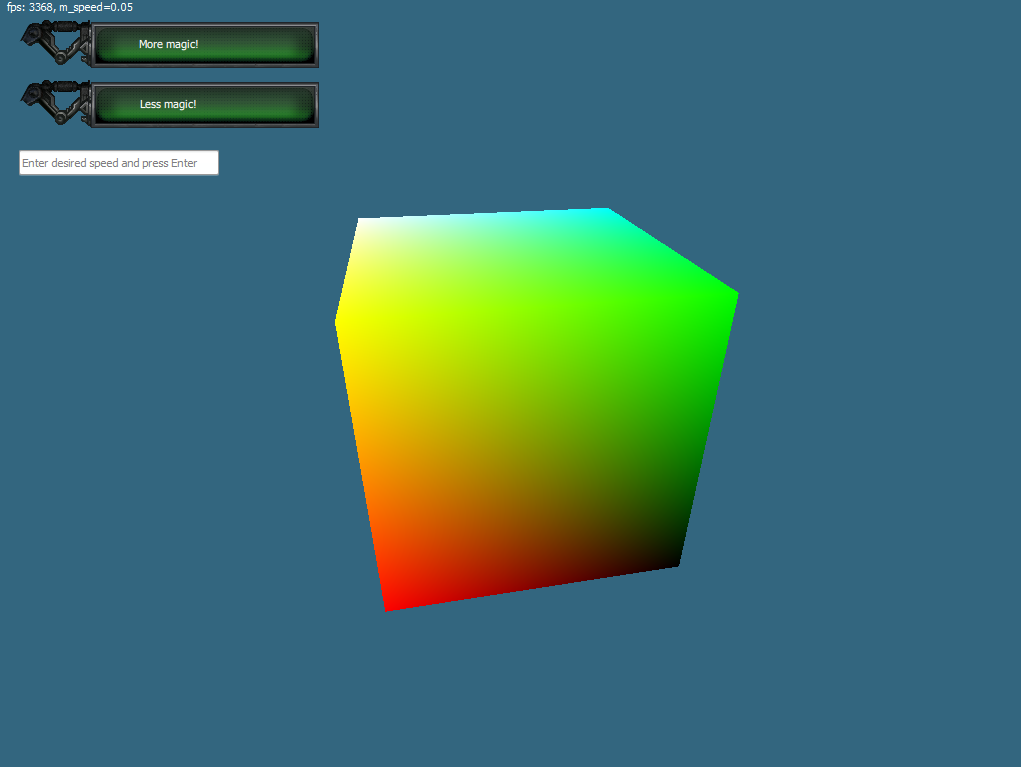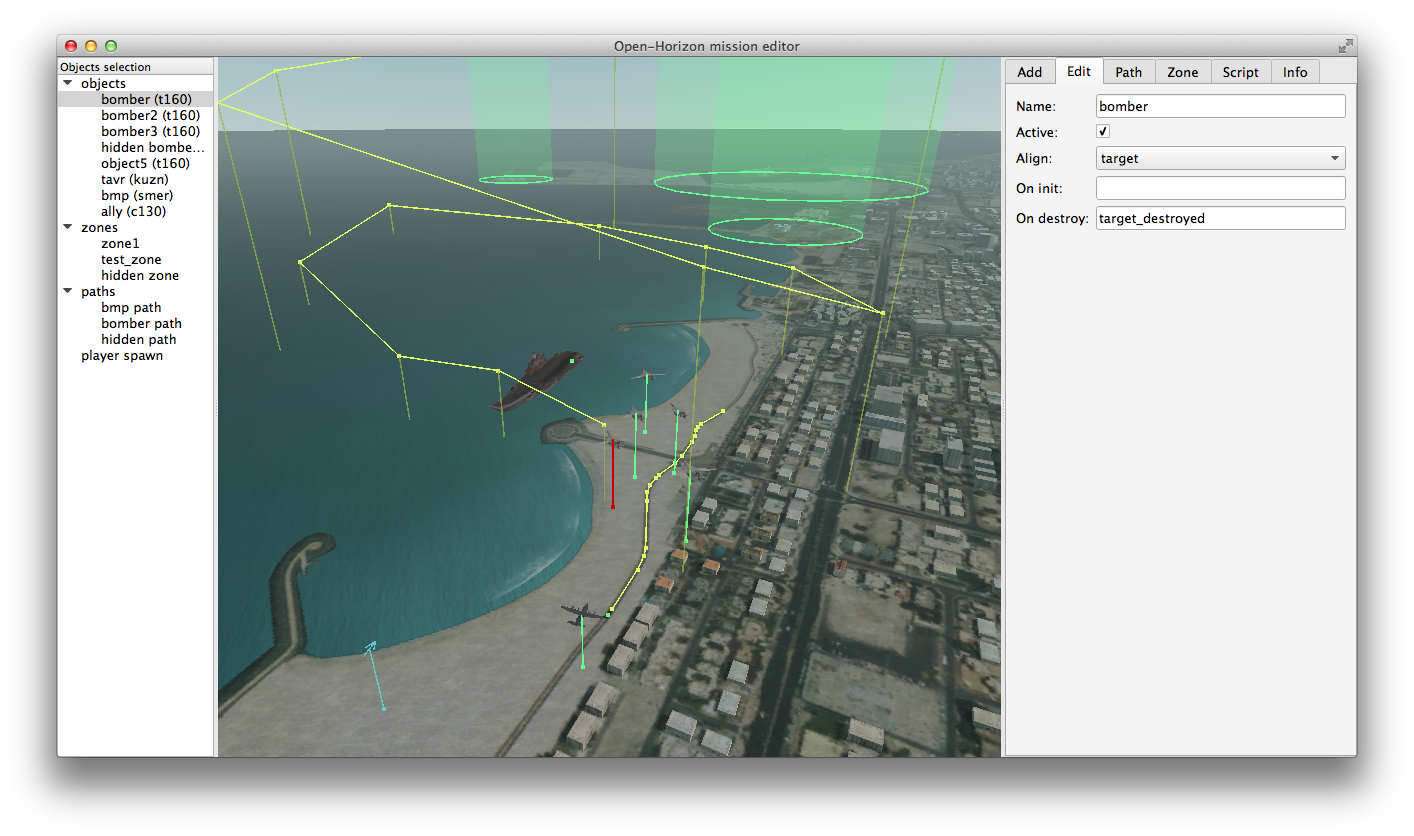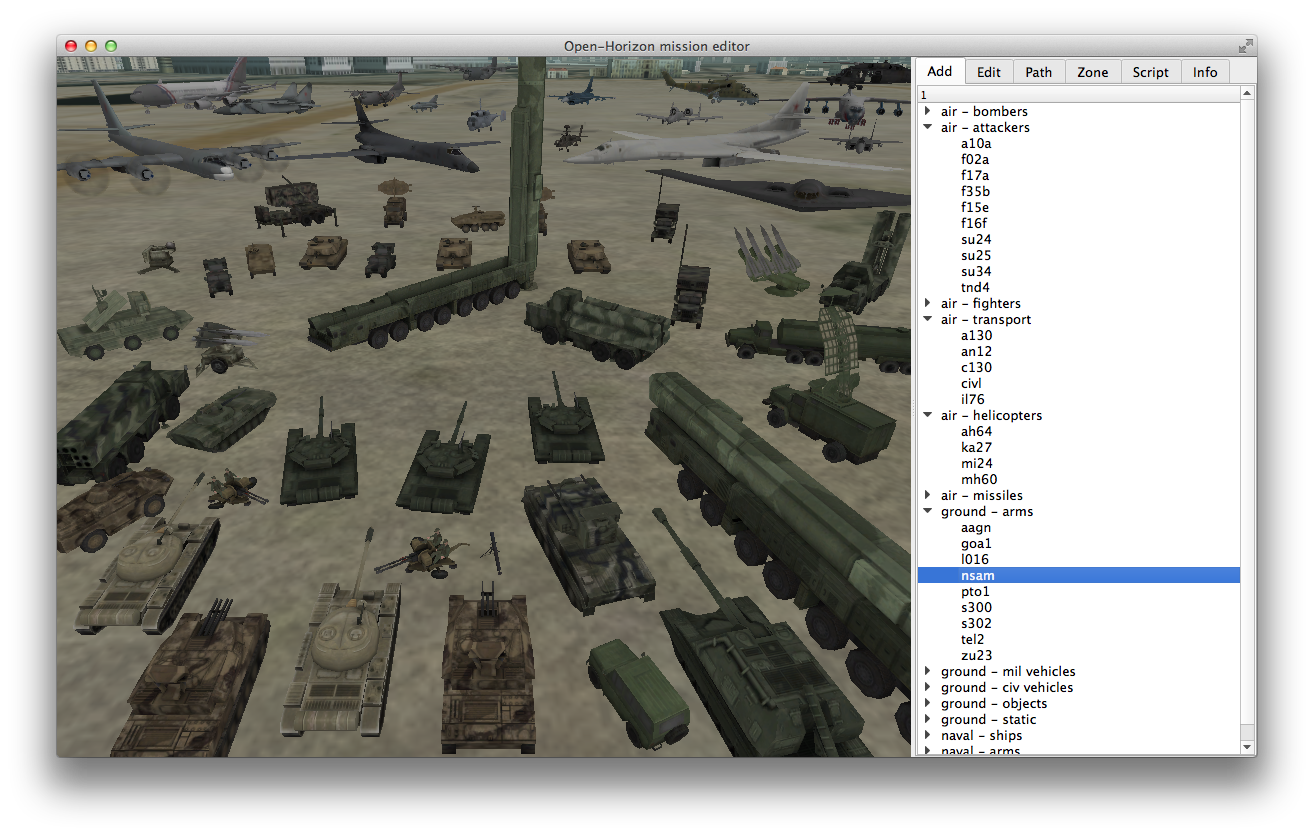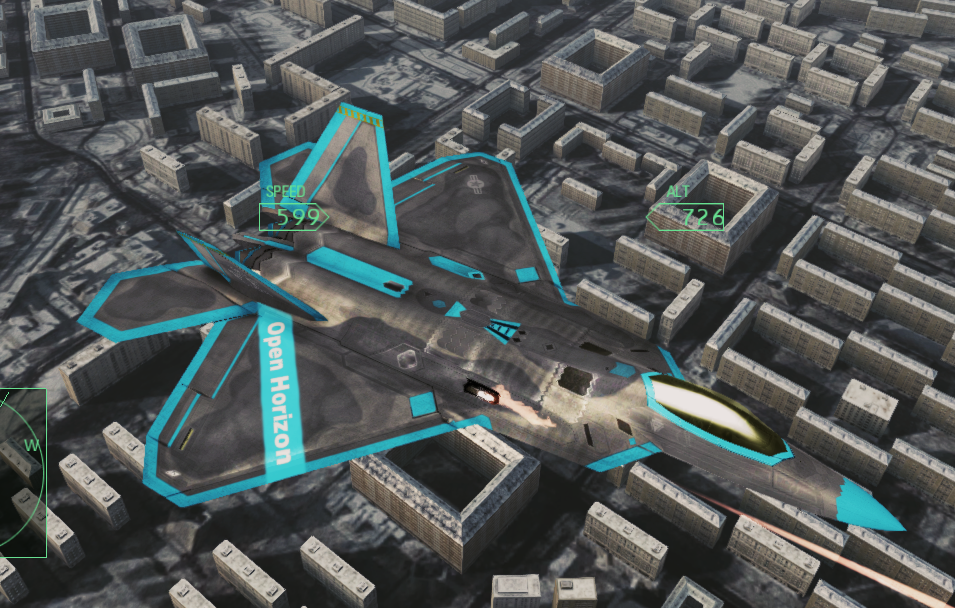 In games with complex UI, creating a library that supports that UI and tools that allow designers quickly iterate changes could be a daunting and a time-consuming task. A task that you’d like to solve once and forever, and not write a new solution for each new project, or even for each new company you work at. Life, as it can be said, is too short to roll your own UI libraries!
In games with complex UI, creating a library that supports that UI and tools that allow designers quickly iterate changes could be a daunting and a time-consuming task. A task that you’d like to solve once and forever, and not write a new solution for each new project, or even for each new company you work at. Life, as it can be said, is too short to roll your own UI libraries!
So, in desperation, you begin to search for a third-party universal UI library. Once, this was the domain of CEGui and the like, but the current generation of game-specific UI frameworks is dominated by Scaleform and Coherent UI. Although, if HTML-based UI is what you want, you may simply choose Awesomium.
Unfortunately, this trio has some problems with performance, especially apparent on mobile devices. Just a few years ago, I’ve seen a nearly empty screen rendered with Scaleform take up 50% of frame time on iPhone4.
So, I always wondered why does no one use Qt for game UI – a library that is well known for being one of the less-fucked-up UI toolkits for desktop applications. This is not actually entirely true – a list on Qt Project Wiki has some games that do use it, but it’s mostly open source, small-time projects or ports of old games.
Of course, it’s obvious why you wouldn’t use Qt Desktop Widgets in a game. They are not at all suited for hardware-accelerated rendering, and while you may try to work around this problem, it’s far more troubles than its worth. However, for a long time, Qt had a different library, the one that allows drawing hardware-accelerated widgets: QtQuick.
Not only it is said to be specifically targeted at mobile devices, it also has a very nice text format for describing UI screens, which is well-suited for quick iteration.
Still, I have never yet heard of a professional game developer using QtQuick. As I could find no posts or articles that could give me the reason for this, I just had to check it out for myself.
Continue reading →
 It’s finished at some point. Of course it’s kinda useless right now, as you can’t see the result in game yet, but I wanted to release it anyway so people can make suggestions. Like, what else is required to remake AC5 missions?
It’s finished at some point. Of course it’s kinda useless right now, as you can’t see the result in game yet, but I wanted to release it anyway so people can make suggestions. Like, what else is required to remake AC5 missions? In games with complex UI, creating a library that supports that UI and tools that allow designers quickly iterate changes could be a daunting and a time-consuming task. A task that you’d like to solve once and forever, and not write a new solution for each new project, or even for each new company you work at. Life, as it can be said, is too short to roll your own UI libraries!
In games with complex UI, creating a library that supports that UI and tools that allow designers quickly iterate changes could be a daunting and a time-consuming task. A task that you’d like to solve once and forever, and not write a new solution for each new project, or even for each new company you work at. Life, as it can be said, is too short to roll your own UI libraries!
